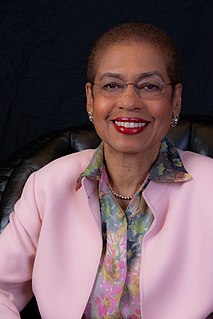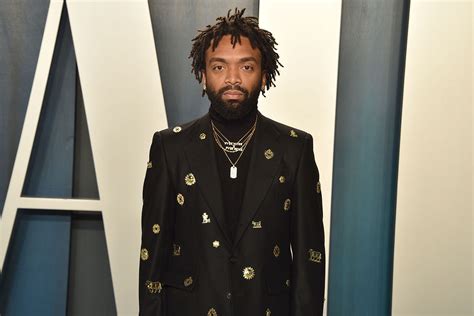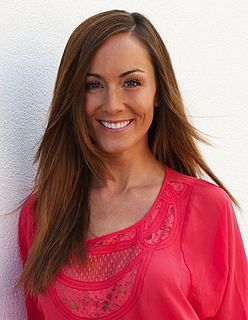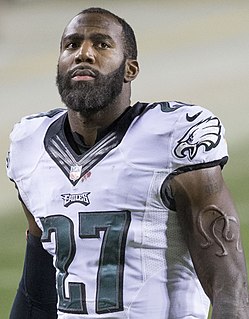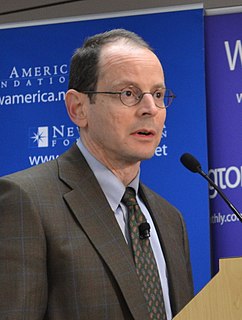A Quote by bell hooks
Usually, when people talk about the "strength" of black women . . . . they ignore the reality that to be strong in the face of oppression is not the same as overcoming oppression, that endurance is not to be confused with transformation.
Related Quotes
I am always revolted when Islamic leaders, from Afghanistan or elsewhere, deny the very existence of female oppression, avoid the issue by pointing to examples of what they view as Western mistreatment of women, or even worse, justify the oppression of women on the basis of notions derived from Sharia law.
"Oppression" or "systems of oppression" operate as a shorthand terms in much writing and speaking so that we do not have to list all these systems of meaning and control each time (i.e. racism, ableism, xenophobia, etc.). I needed a term like that, but "oppression" implies a kind of top-down understanding of power that is at odds with the Foucaultian model I rely on in my work.
It is no solution to define words as violence or prejudice as oppression, and then by cracking down on words or thoughts pretend that we are doing something about violence and oppression. No doubt it is easier to pass a speech code or hate-crimes law and proclaim the streets safer than actually to make the streets safer, but the one must never be confused with the other... Indeed, equating "verbal violence" with physical violence is a treacherous, mischievous business.

